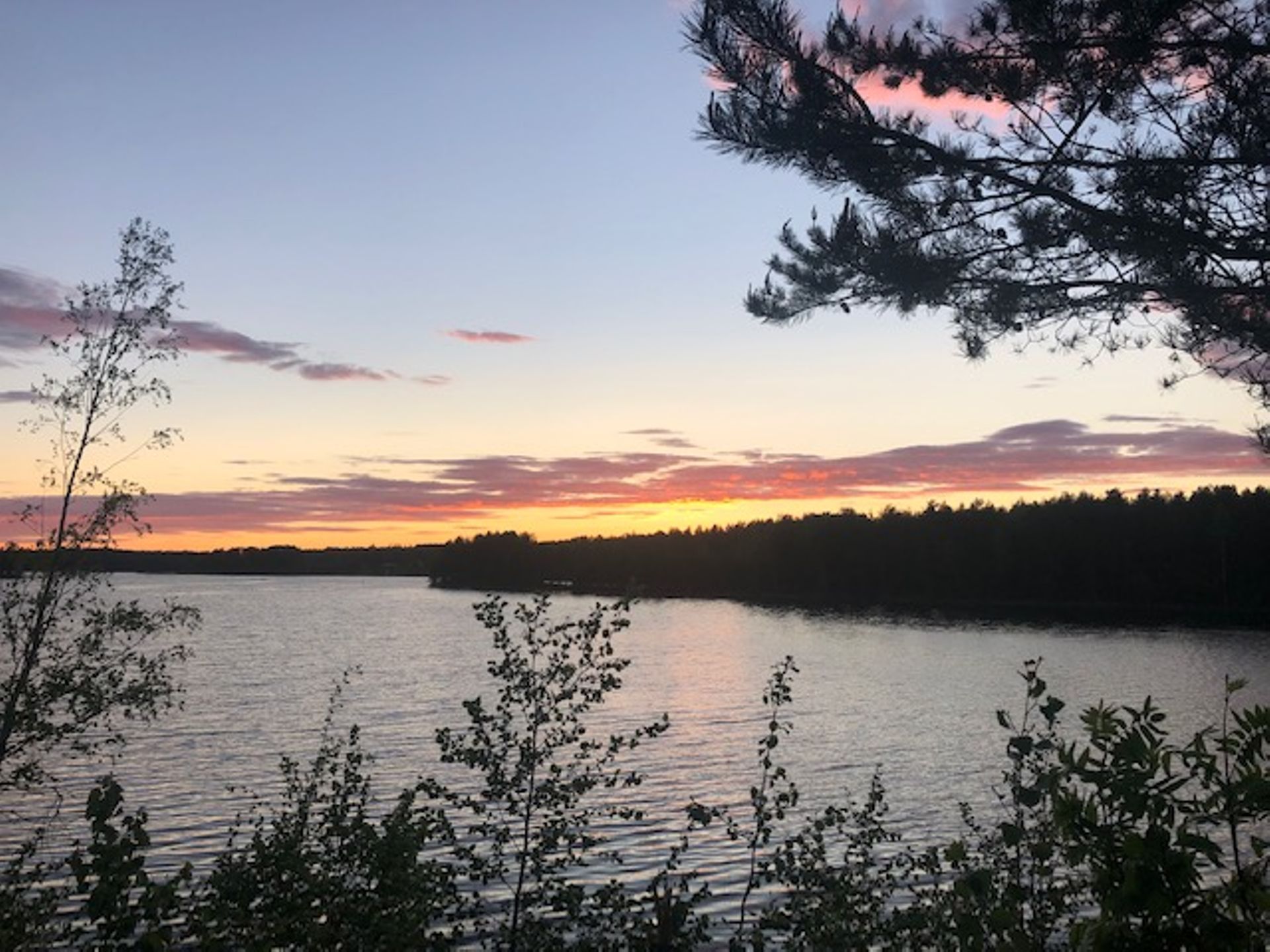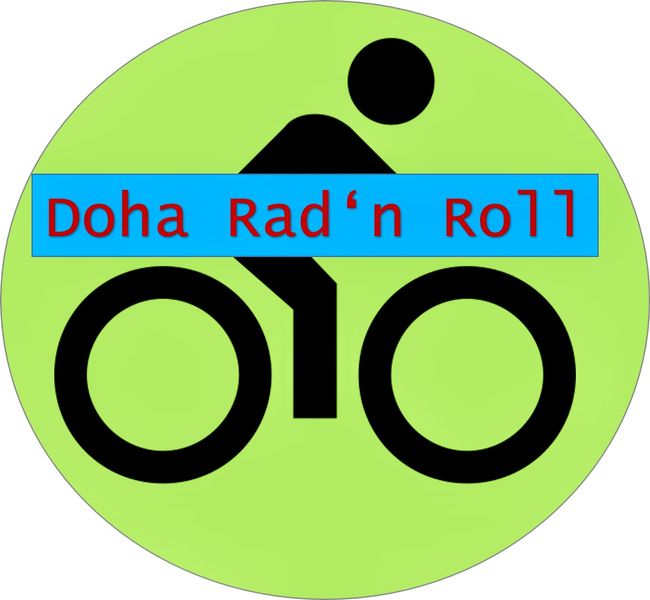Homeward Journey Bulgaria - Romania
Diterbitake: 30.06.2023
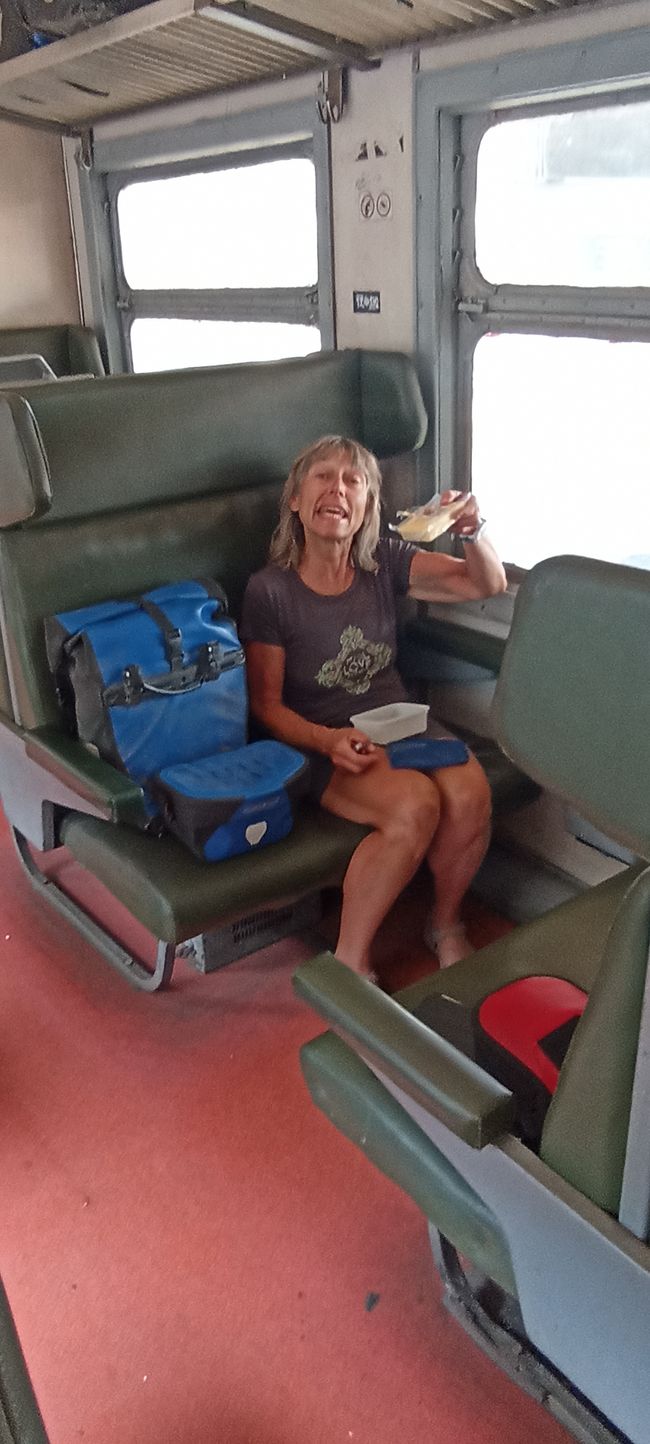
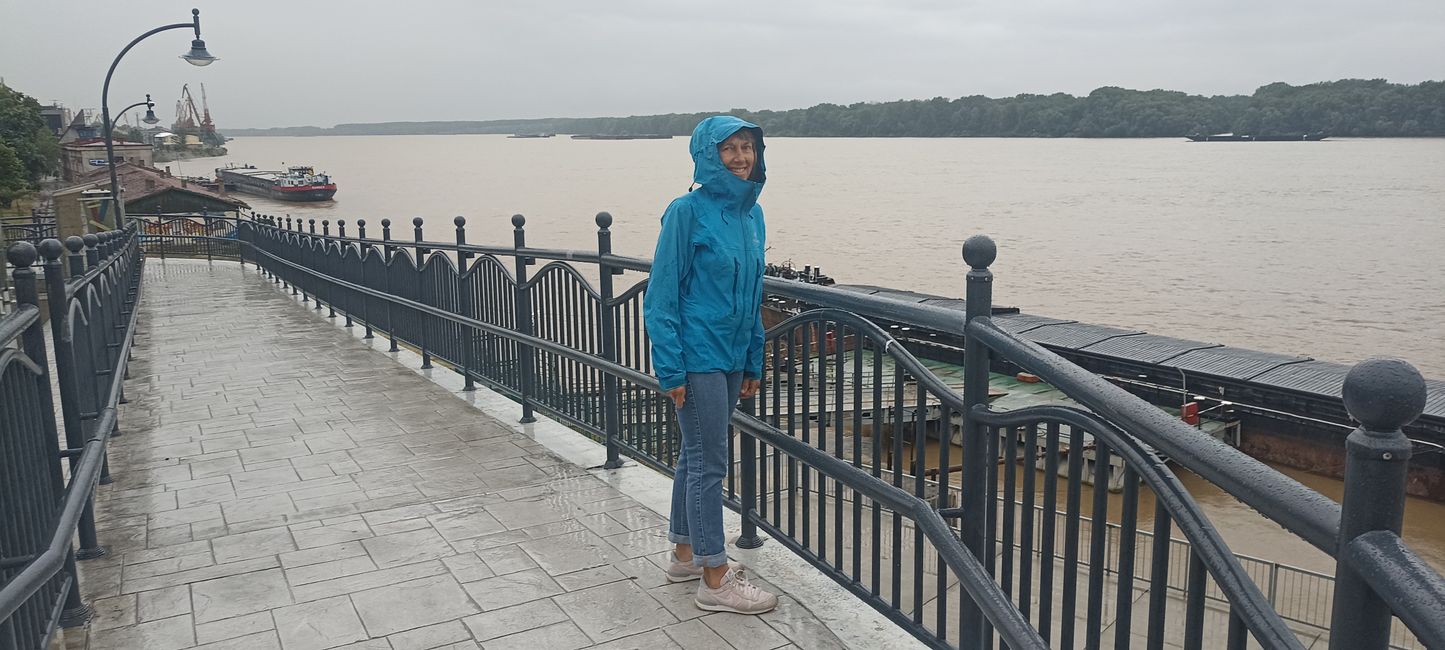
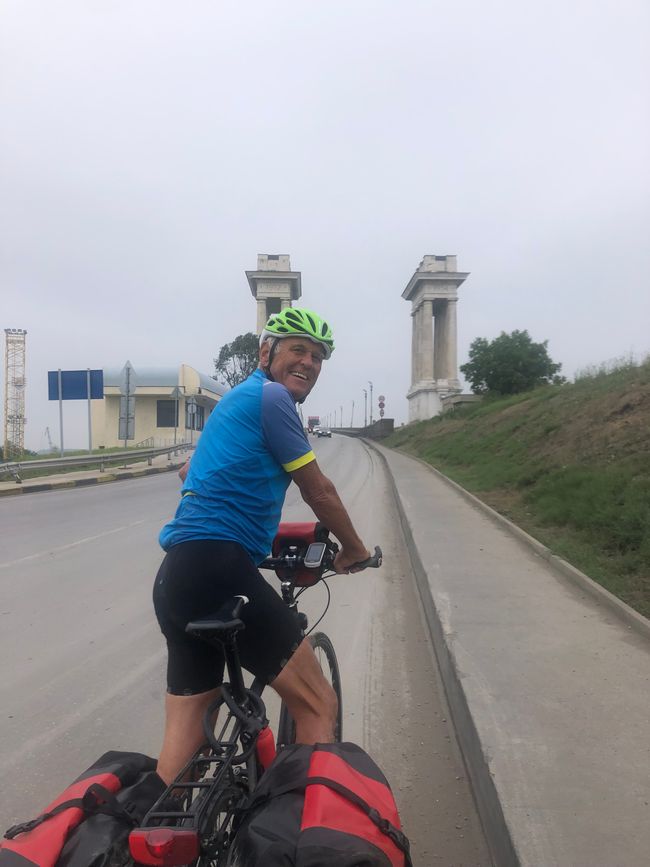
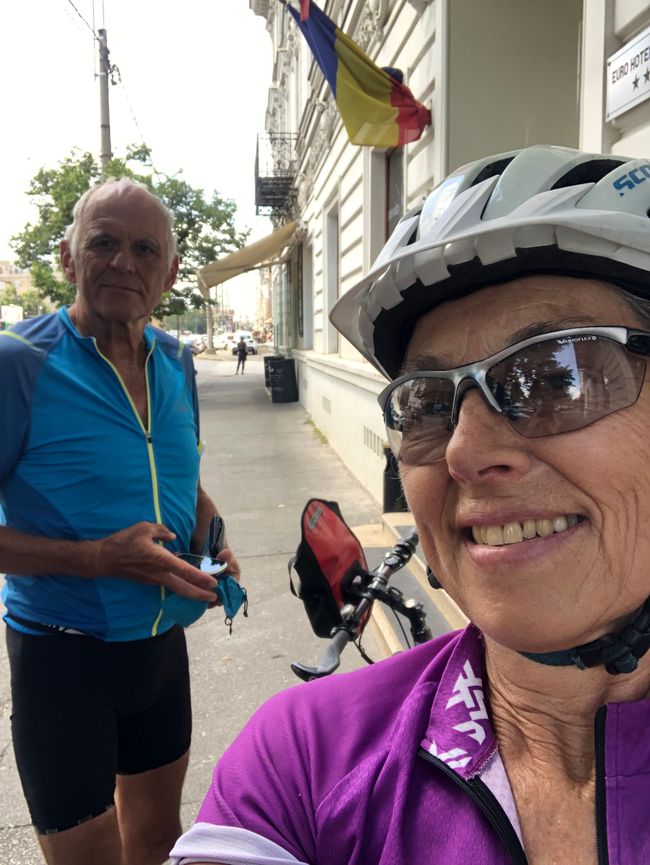
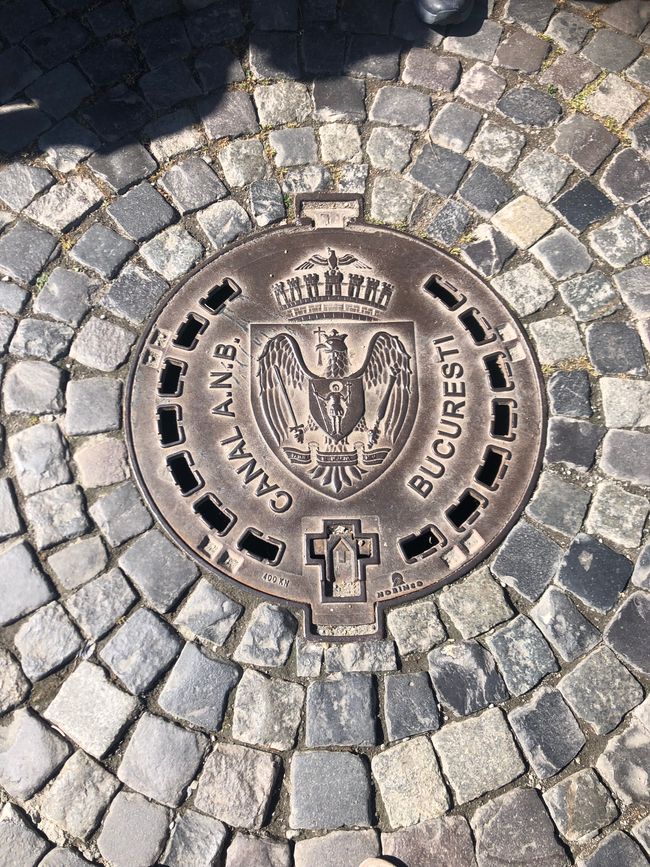
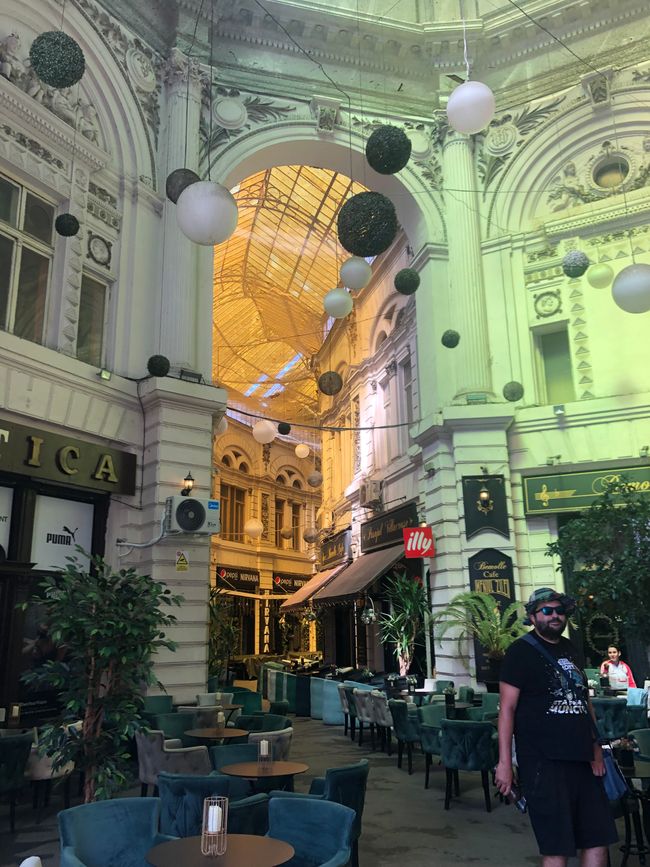
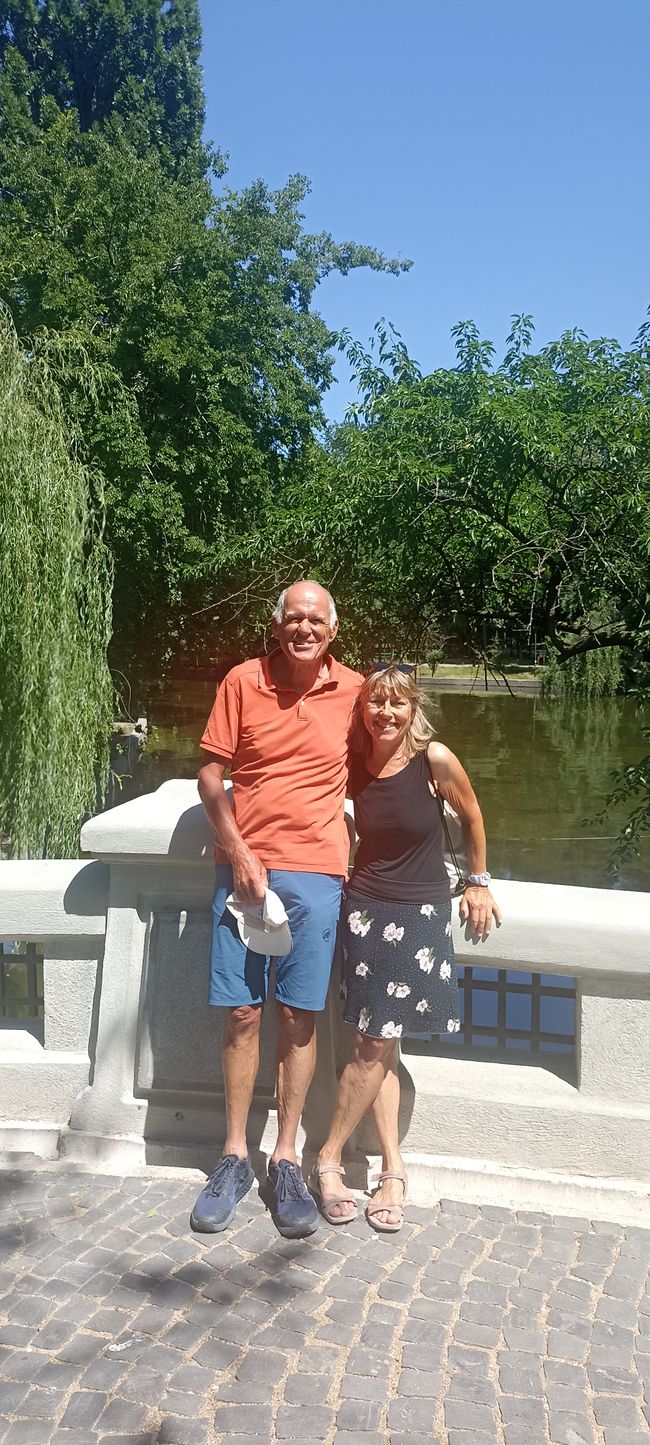
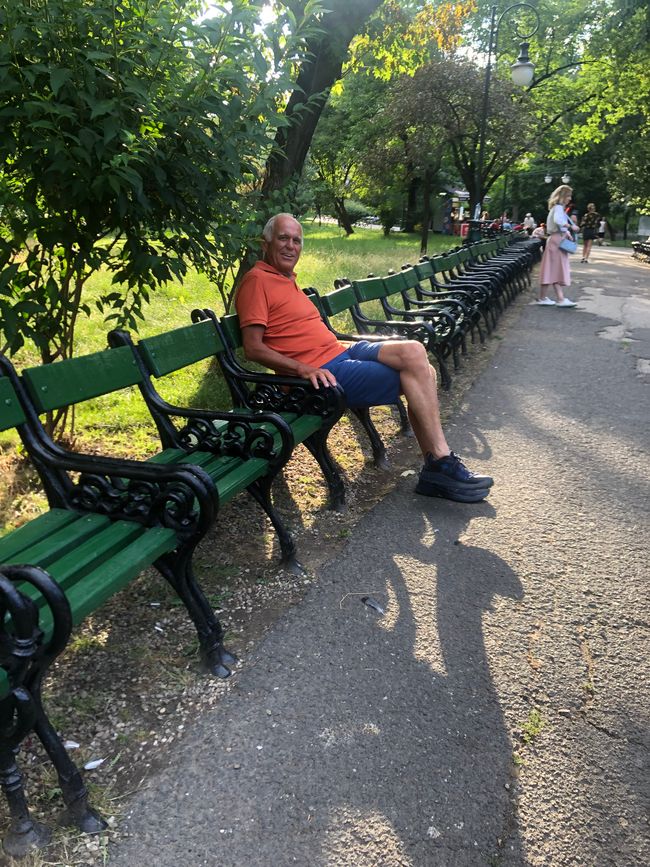
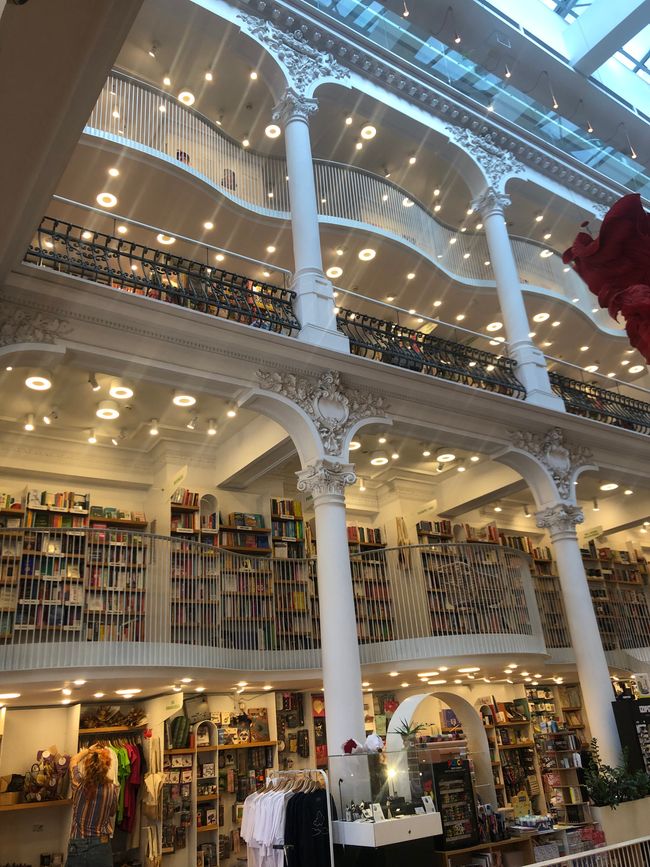
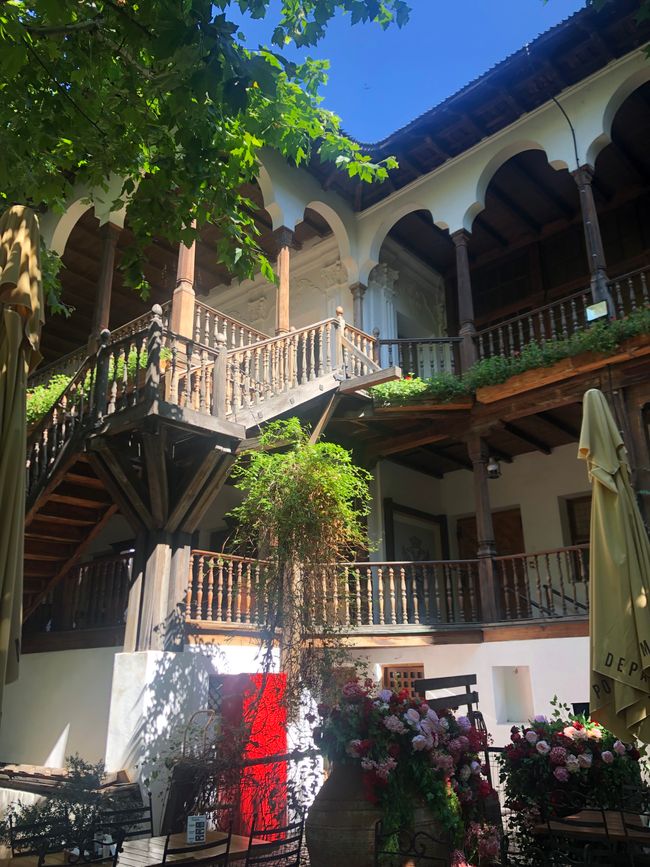
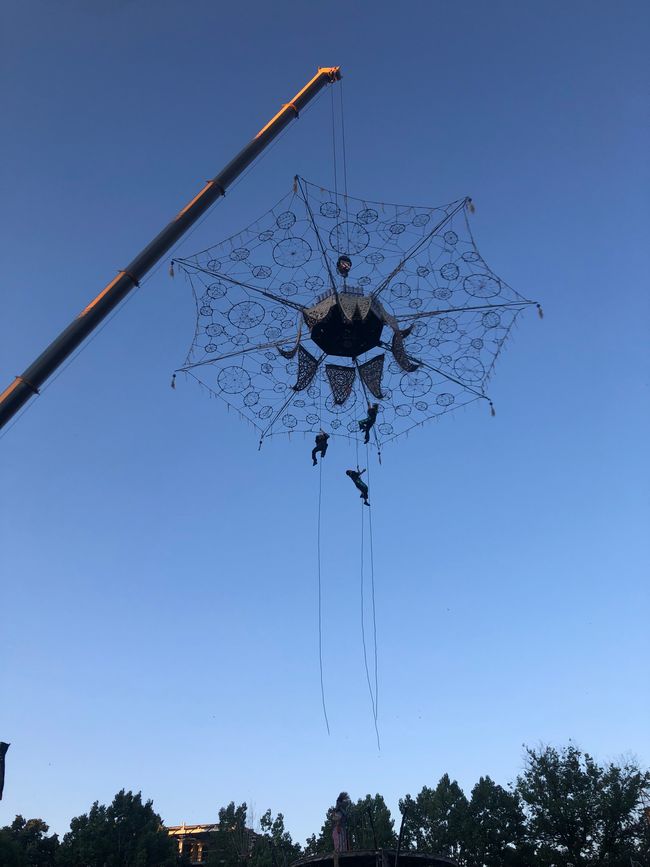
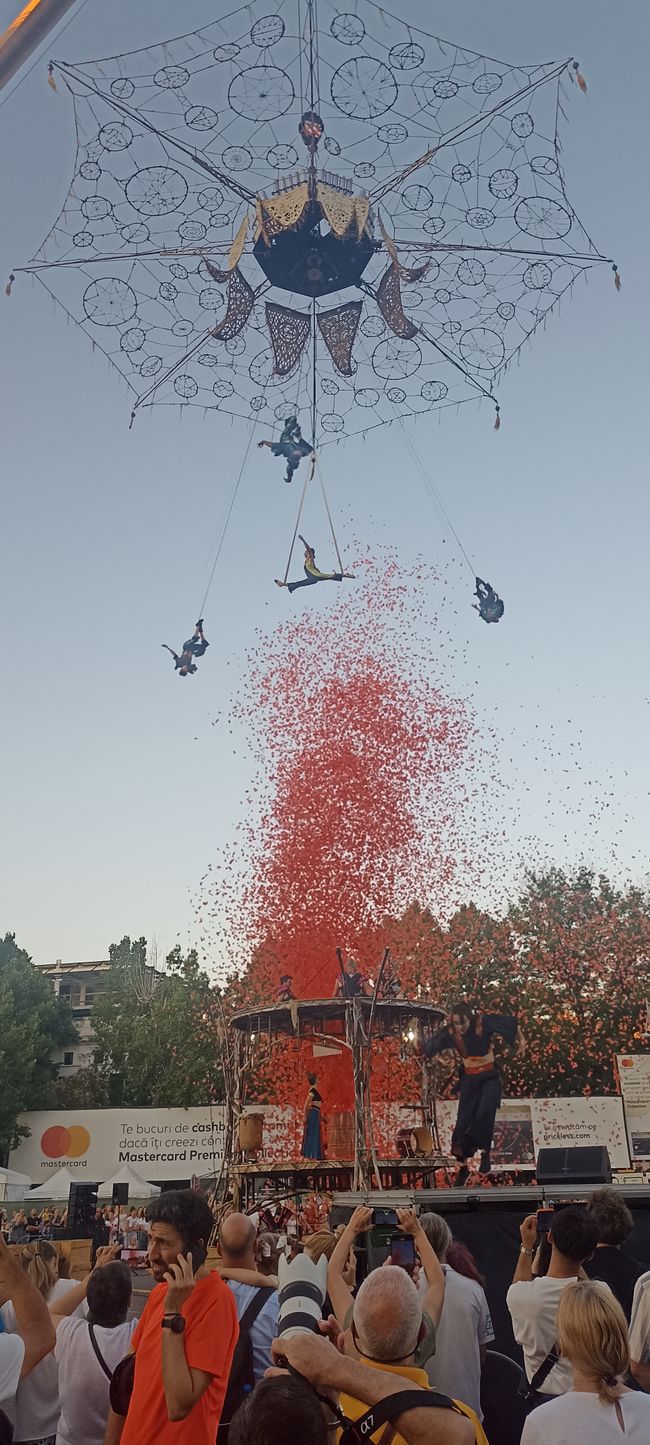

Langganan Newsletter
We are on our way home and trying to accomplish this by train and bike. This is the penultimate blog entry. Soon we will have made it.
Homeward Journey Day 3 (28.6.): By train through Bulgaria
Today we take the train to get from Burgas, the fourth largest city in Bulgaria, to Ruse, the fifth largest city. It is 250 km by road, which takes 3 hours and 30 minutes. By train, it is a few kilometers longer, with a total travel time of 8 hours and 30 minutes including two transfers. At the train station in Burgas, there is a locomotive with five classic, graffiti-covered carriages. While we were able to buy tickets for the bikes, we searched in vain for a parking space for our bicycles. We place them at the back of the last carriage, which seems to be fine. There are not many passengers on the way to Sofia either. During the journey, the door in front of our bikes opens while the train is still moving, but the conductor is quickly on hand to take care of the matter. We travel through agricultural areas for the entire route, with occasional stops in small villages. Sometimes the stop consists of a dilapidated train station, where the stern-looking station masters diligently perform their duties and promptly show the green signal for the onward journey. At the transfer in Dabovo, we wait for the connecting train as we are 20 minutes late. In Gorna Orhajovica, the largest railway junction in northern Bulgaria, we have to change trains to Ruse. From a distance, you can already see the consequences of the communist construction idea: prefabricated buildings from the 1980s, in which around 20,000 people still live today.
Our next train looks similar to the prefabricated buildings. Perhaps it was even built earlier than in the 1980s? The seats certainly suggest this. After 2 hours and 30 minutes through no man's land, we arrive in Ruse. Today we make it to the hotel before the rain starts. We later take a walk to the Danube wearing our rain jackets. From Negotin, where we turned off to Rogljevo, the "wine cellar village," it is just over 300 km on the Danube bike path, but that was not our route 😀
Homeward Journey Day 4: Cycling to Bucharest 80 km
There is also a train connection from the Romanian side of the Danube to Bucharest, but given the short distance, we want to cycle again. First of all, we have to cross the impressive 3.5 km long Danube Bridge, which was called the Friendship Bridge in Soviet times. Until 2013, it was the only permanent crossing along the 470 km long Bulgarian-Romanian section of the Danube. We are very impressed with this structure, which was opened in 1954. Although Bulgaria and Romania are not yet part of the Schengen Area (membership is expected later this year), we are waved through without any checks on both sides. In Giurgiu, we quickly get on the DN 5, also known as the E70 or E85. The traffic consists mainly of trucks and cars. At the edge of the town and at a gas station along the way, we have encounters with Romanian dogs again, but thanks to our experience, we handle them (as the Swiss say).
Throughout the route, we have a well-asphalted shoulder, so we are not bothered by heavy traffic. Great praise to Dominique, who is fully committed to this despite the alternative of taking the train. In Bucharest, we have to go almost through the entire city because we booked a hotel near Gara de Nord for the onward journey. Thanks to komoot, this is not a problem; it leads us on small side streets and right past Casa Populirui, the People's House, for the construction of which the people had to go hungry. Dictator Ceausescu demolished an entire neighborhood to ensure that the view of this insane palace is centrally aligned. It is hard to believe the size when you pass by on your bike as a small ordinary person.
As soon as we arrive at the hotel, I head to the train station to book the journey to Brasov and, in particular, to take care of the bicycle tickets from Brasov to Budapest. The trip to Brasov is no problem; I quickly get the tickets for us and the bikes after a short wait in line. The journey from Brasov to Budapest is international traffic and is processed at counter 1, of course. Nobody is waiting there, and the clerk is busy with her phone. But when I arrive, the situation completely changes. It takes a bit of time for her to understand my request. It is extremely helpful that I have already purchased the ticket with a reservation online at home and can present it. The woman leaves the counter area and returns five minutes later. She takes a registration book from a stack, opens the next free page, makes a phone call, writes something in the book with a colored pencil, and uses the computer. Then she stands up again, searches the stack for other registration books. She picks up the phone again, mostly listening. A colleague joins her and sits down next to her. They alternately search the registration book together, make phone calls, or type on the computer with a one-finger search system. After half an hour, the relieving question is asked: 'Cash or Card?' This means we are on the right track. 15 minutes later, we all breathe a sigh of relief. I receive two reservations for the bicycles from Brasov to Budapest for the equivalent of €10 and I could hug the whole world. That it has worked out now!! All train journeys for the further journey home are booked with bike reservations. Only those who have tried to bring a bike and a train together under the most difficult conditions can understand my happiness.
Homeward Journey Day 5: Stay in Bucharest
When do you ever get to go to Bucharest? It is quite far east and not very well known for its sights. Bucharest has the nickname "Paris of the East," which is due to the many buildings in the city center that clearly bear the signature of French architects. In addition, there are, of course, many communist and Balkan influences. The building stock suffered greatly from heavy bombing at the end of World War II when Romania sided with Russia, from the earthquake in 1977, and from communist rule. Much has been rebuilt and restored in recent years at great expense. In addition to the grand streets and boulevards with new buildings, there are still numerous dilapidated houses in need of renovation. But that is also the charm of this city.
Langganan Newsletter
Wangsulan
